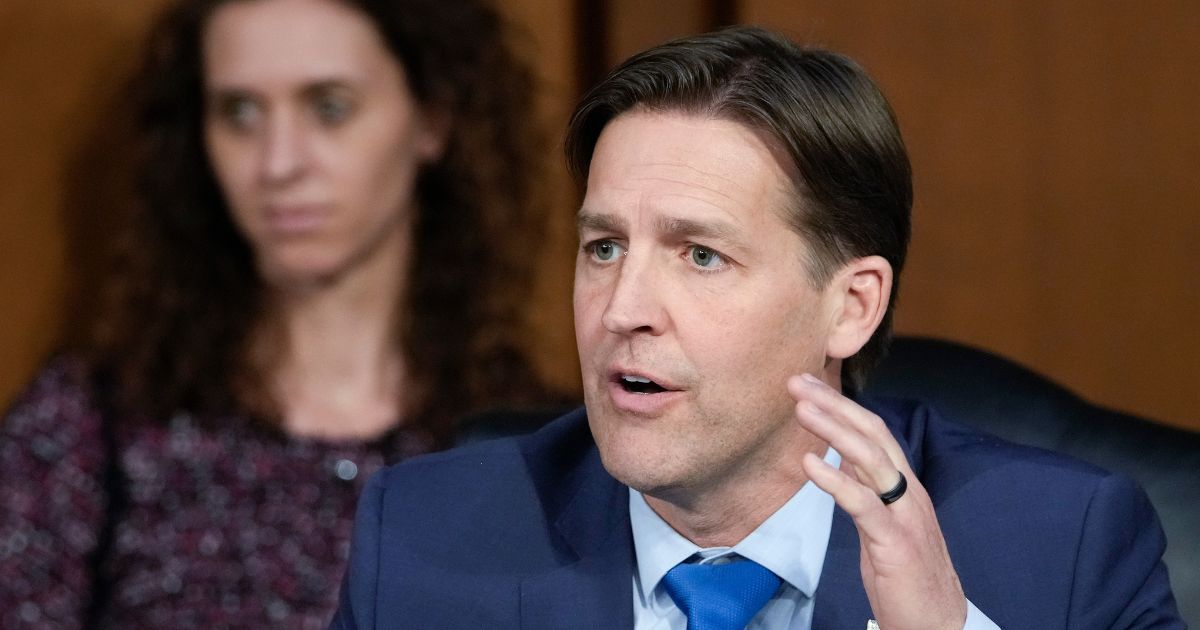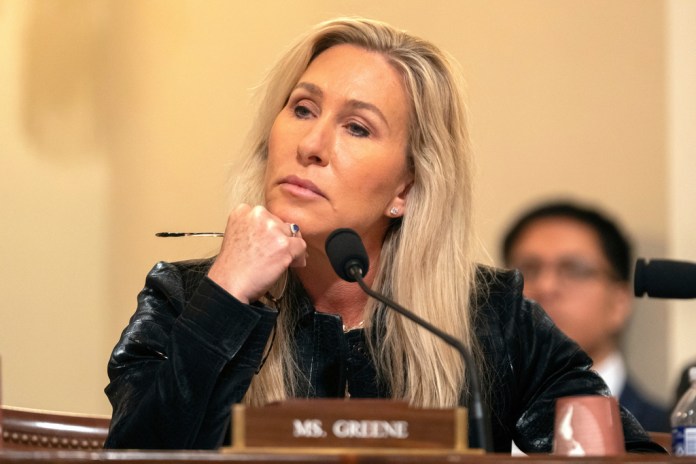Jim Justice: Energy key to looming GOP budget battles – Washington Examiner
Jim Justice, the newly elected Senator from West Virginia and former governor, believes that the United States can address its notable budget deficit—nearly $2 trillion annually—by capitalizing on its energy resources. In an exclusive interview, he emphasized that simply cutting spending will not resolve the debt issue; rather, the focus should be on growing revenue through energy production. Justice remarked on the potential of the U.S. to emulate Saudi arabia by harnessing its vast natural gas reserves. He referred to energy as a key source of revenue and advocated for the extension of trump-era tax cuts,suggesting that utilizing domestic energy could provide the necessary financial boost to help mitigate the national debt. Justice’s vision links economic recovery with robust energy policies and exports, positioning energy as vital for fiscal sustainability.
Jim Justice eyes energy as key to looming GOP budget battles: ‘We can be Saudi Arabia’
EXCLUSIVE — Sen.-elect Jim Justice envisions the United States leaning on its energy production to slowly pull away from its nearly $2 trillion annual deficit, a revenue source that the West Virginia governor said has shown proven results in his home state.
The incoming Republican senator in an interview with the Washington Examiner cautioned his conservative peers clambering to tackle the debt crisis next year under a GOP-controlled House and White House that they’ll need to do far more than simply reduce spending.
MEET THE NEW CONGRESS: THE HOUSE AND SENATE FRESHMEN ELECTED TO SERVE NEXT YEAR
“You have to do a bunch of cutting, but you will never cut your way out of the mess,” Justice said. “At the end of the day, you got to grow your way out of this mess.”
That’s where domestic energy comes into play for Justice, a West Virginia coal baron in the final days of his second term as governor. Seated in his new Senate office in Washington, D.C., next to his beloved English bulldog, Babydog, Justice pointed to energy-rich Saudi Arabia as a model for America to claw its way back from debt using tax revenue from energy production and sales.
“You have to grow the revenue. And the only way you can grow the revenue is raise taxes, which no way, no way, no way, no way, no way,” Justice said, noting that he supports extending Trump-era tax cuts from 2017 set to expire next year. “Then what do you do? Really, it’s right at our fingertips. For God’s sakes, the answer is energy.”
He continued, “We can be Saudi Arabia. Our natural gas reserves in this country are so enormous, it’s off the chart. We’ve got to figure out how to export that energy and turn it into real-life money.”
Justice is part of an incoming quartet of Republicans who flipped blue states red for the GOP to retake the upper chamber. He will succeed retiring Sen. Joe Manchin (I-WV), who caucuses with Democrats and declined to run for reelection against Justice.
Senate Republicans will boast a 53-47 majority next Congress, once Justice and his colleagues are seated for the new session that begins Jan. 3. Naturally, the party is eager to tackle its priorities, among them budget issues and cutting spending.
Justice wants to see Republicans get easy wins on the board early before diving into more contentious budget battles, where he sees taxable energy production as his wheelhouse.
“Do the easy stuff in the beginning: border, crime, do the easy stuff. For God’s sakes, get the men out of the women’s bathrooms,” Justice said. “The things right behind that — here’s where Jim comes into play.”
The U.S., under President Joe Biden, has become the world’s largest producer of natural gas and oil, as well as the biggest liquefied natural gas exporter. This despite Biden’s climate change agenda that has prioritized renewables.
But Republicans contend much more is yet to be done to “unleash American energy” by slashing bureaucratic red tape and progressive policies that the energy sector says disincentivize new production.
West Virginia is the fourth-largest natural gas producer in the U.S., largely contributing to tax collections from coal and natural gas that accounted for nearly half of the Mountain State’s $1.8 billion budget surplus last year.
Critics of such an economic approach argue energy prices are too volatile and unpredictable to rely on as steady revenue streams, evidenced by vast price fluctuations in recent years related to the pandemic.
MEET THE NEW CONGRESS: THE HOUSE AND SENATE FRESHMEN ELECTED TO SERVE NEXT YEAR
Justice relates his experience in business and managing West Virginia’s budget to that of a small lawn maintenance company seeking to grow revenue by hiring more equipment and employees to expand business rather than making cuts.
“From a business guy, you look at West Virginia — my God, we did it. We just did it,” he said. “West Virginia, of all places. I mean, who would have ever thunk it?”
" Conservative News Daily does not always share or support the views and opinions expressed here; they are just those of the writer."




